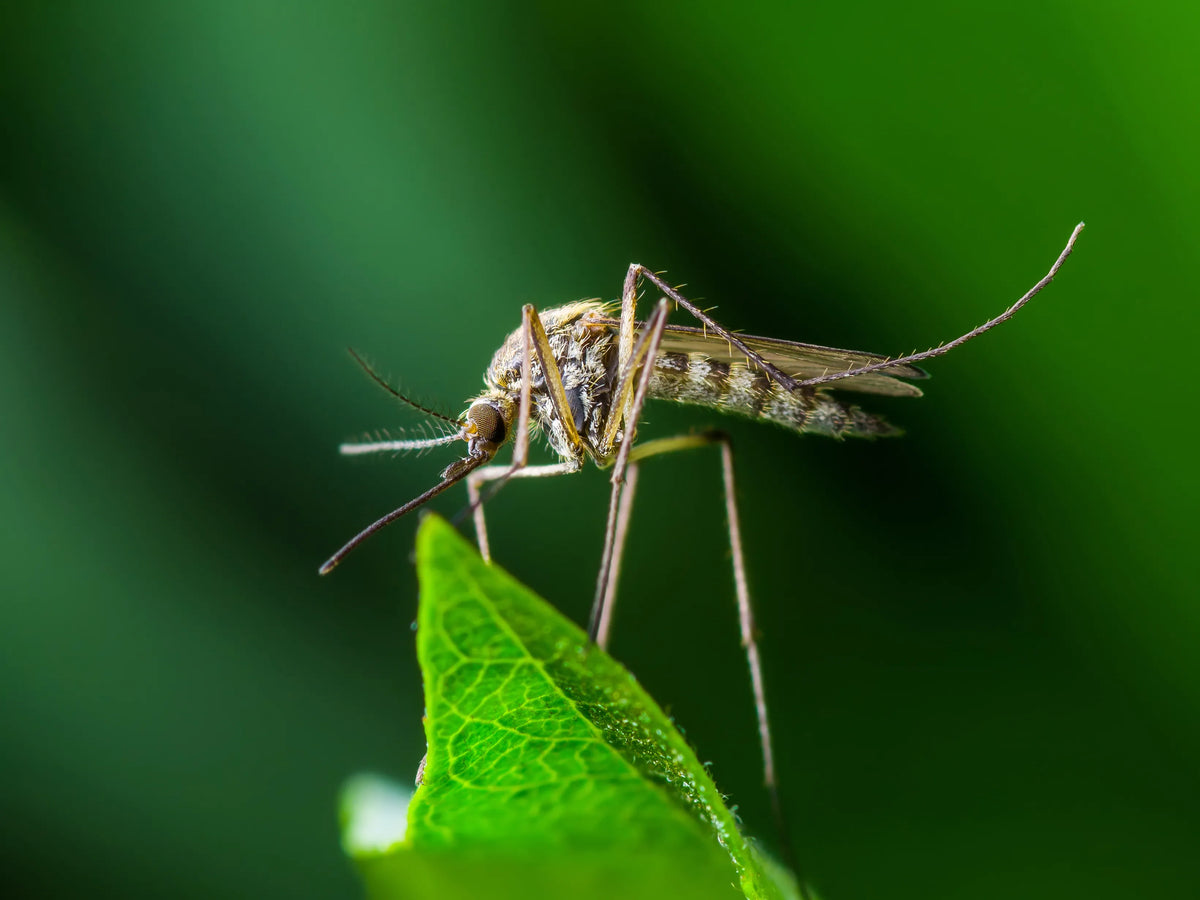
Navigating the Buzz: Unveiling the Risks of Mosquito-Transmitted Diseases in the Canary Islands
Introduction:
The Canary Islands, with their stunning landscapes and year-round pleasant weather, have become a popular destination for tourists seeking sun, sand, and relaxation. However, amidst the allure of these paradisiacal islands, there lurks a potential threat that often goes unnoticed – the risk of mosquito-transmitted diseases. In this blog, we will explore the various hazards posed by mosquitoes in the Canary Islands and discuss ways to mitigate these risks.
The Culprit: Aedes aegypti and Aedes albopictus Mosquitoes:
The primary culprits responsible for transmitting diseases in the Canary Islands are the Aedes aegypti and Aedes albopictus mosquitoes. These vectors are known carriers of diseases like dengue fever, Zika virus, and chikungunya.
Climate and Mosquito Activity:
The warm and humid climate of the Canary Islands creates an ideal breeding ground for mosquitoes. With temperatures that remain consistently mild throughout the year, these insects thrive, increasing the risk of disease transmission.
Dengue Fever: A Silent Threat:
Dengue fever is a significant concern in the Canary Islands. Characterised by symptoms such as high fever, severe headaches, and joint pain, dengue poses a serious health risk for tourists who may not be aware of the prevalence of the disease in the region.
Zika Virus and Chikungunya: Emerging Threats:
While not as common as dengue, Zika virus and chikungunya have also been reported in the Canary Islands. Pregnant women should be particularly cautious, as Zika has been linked to birth defects, and chikungunya can cause prolonged joint pain.
Preventive Measures:
a. Mosquito Repellents: Use insect repellents. Perfect insect repellent to use is offered by THEYE as this is natural, preservative free and highly effective to protect against mosquito bites.
b. Protective Clothing: Wear long-sleeved shirts, long pants, and closed shoes, especially during dawn and dusk when mosquitoes are most active.
c. Eliminate Standing Water: Mosquitoes breed in standing water. Avoid stagnant water around your accommodation and make sure to empty any containers that may collect water.
Traveller Awareness and Responsibility:
Tourists play a crucial role in minimising the spread of mosquito-transmitted diseases. By staying informed about the risks and actively participating in preventive measures, travellers can contribute to the overall well-being of the community and themselves.
Conclusion:
While the Canary Islands offer an enchanting escape, it's essential for travellers to be aware of the risks associated with mosquito-transmitted diseases. By taking proactive measures and staying informed, visitors can safeguard their health and contribute to the prevention of these diseases in this tropical paradise. Remember, a little caution goes a long way in ensuring a safe and enjoyable vacation.
